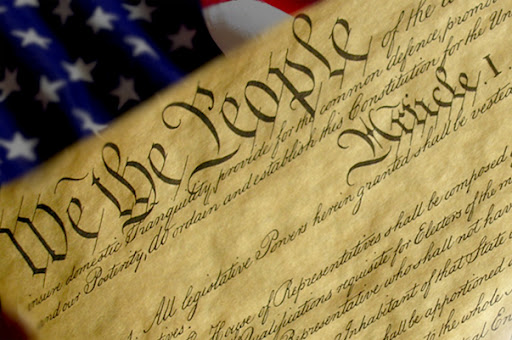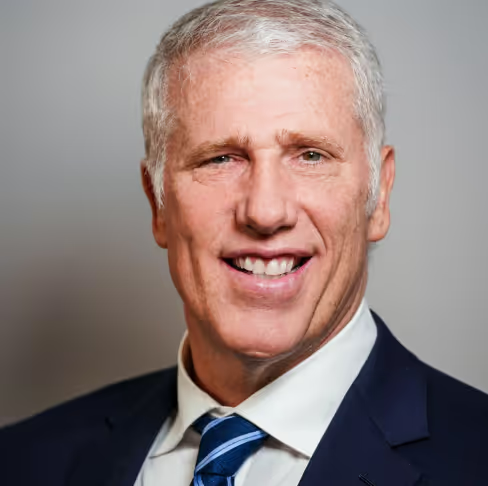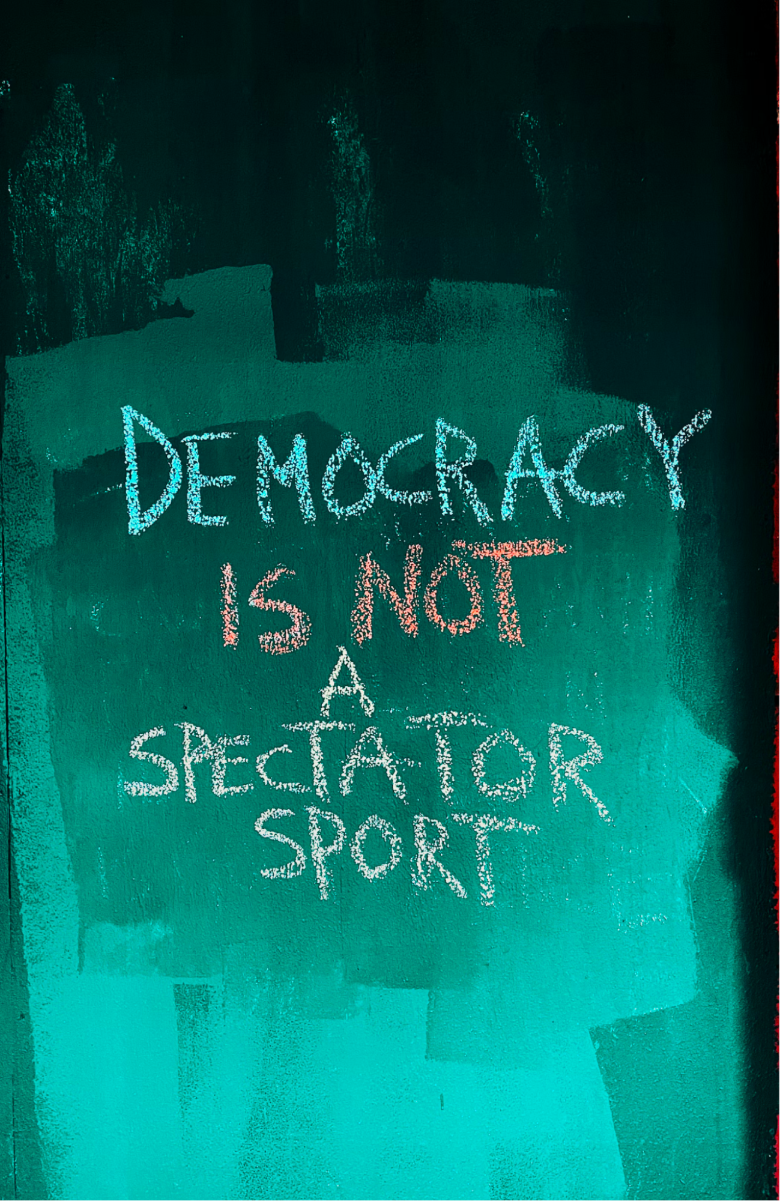
Analysis
Disinformation campaign uses ‘phony science’ to discredit trans people, researcher says
One way for churches to oppose Christian nationalism is to become affirming spaces for LGBTQ people, Raushenbush said.
Transcript

Pluralism is Democracy in Action
On July 4, America will mark 250 years since the signing of the Declaration of Independence. That day in 1776, the nation’s founders put forward a bold vision for a new democratic experiment, one rooted in shared values, with power derived from the people rather than imposed by a monarch or religious authority:



